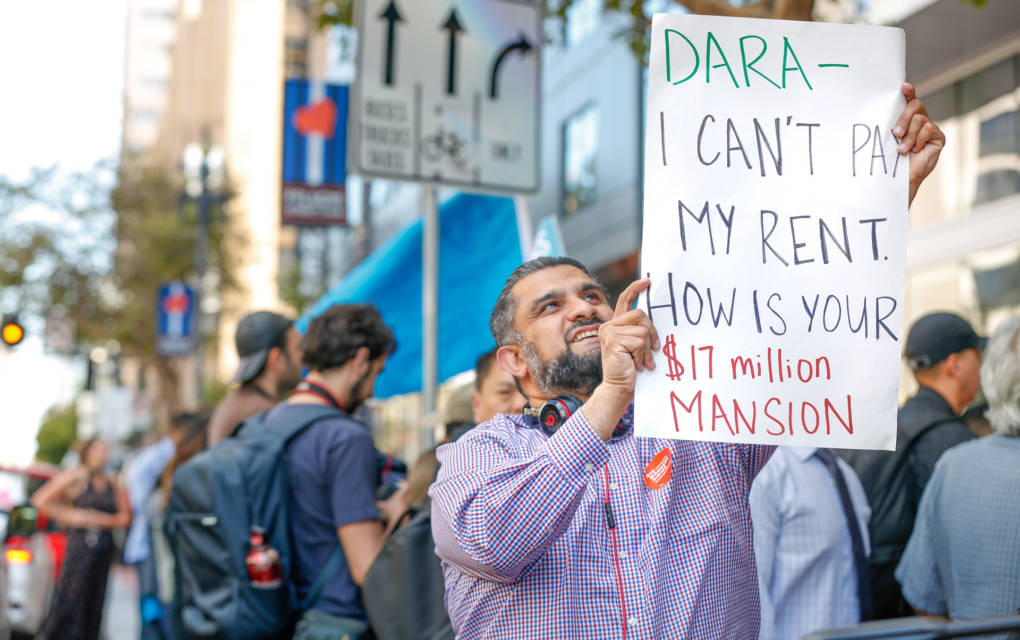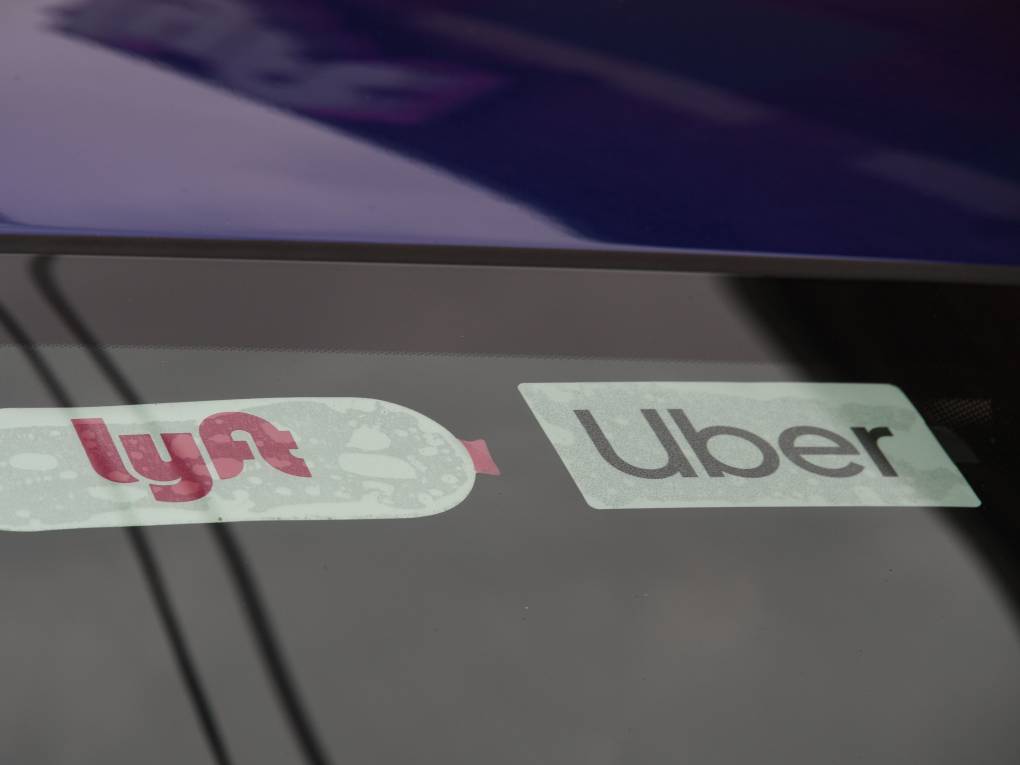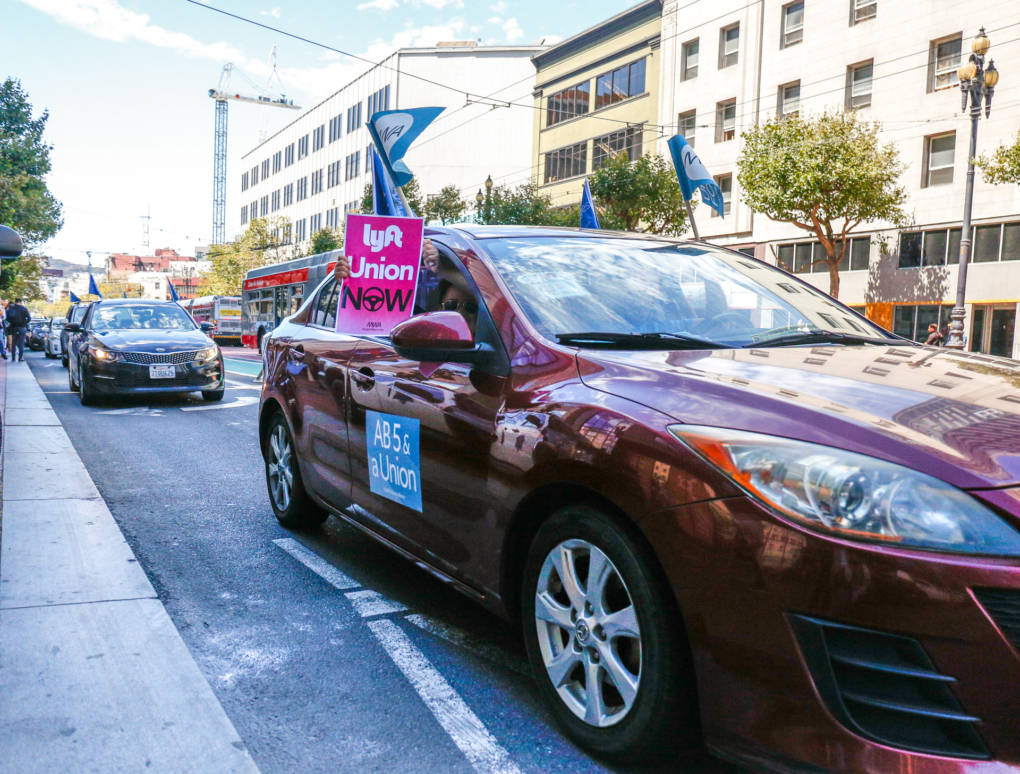Most California voters support stricter data privacy rules but are split on how best to deal with employment classification for gig workers, according to the results of a new poll commissioned by KQED.
When asked about tech companies potentially selling information collected about them, over half of those surveyed said they wanted to know more about how that information is being used and have greater control over what happens to it. The vast majority of respondents also said they expected their personal information to remain private.
But on the issue of whether gig workers, such as drivers for Lyft and Uber, should be treated as employees or independent contractors, respondents were less decisive, with nearly half saying they wanted to know where workers stand before weighing in.
The online survey of 5,335 likely California voters was conducted from Sept. 12-15 by Bay Area-based polling firm Change Research, in partnership with KQED’s Political Breakdown team. The poll, which has a margin of error of plus or minus 1.7%, also included questions about Democratic presidential primary candidates.






